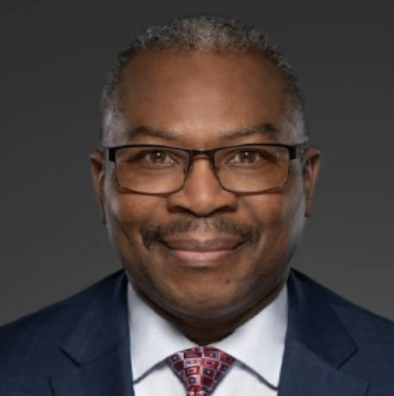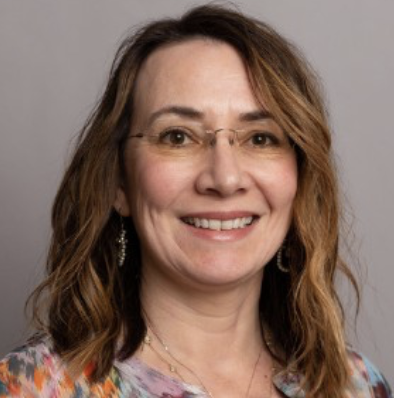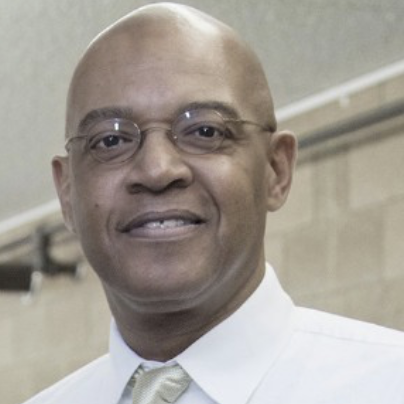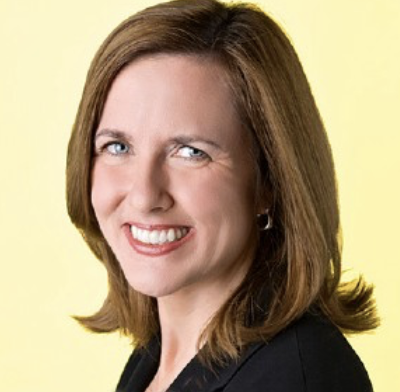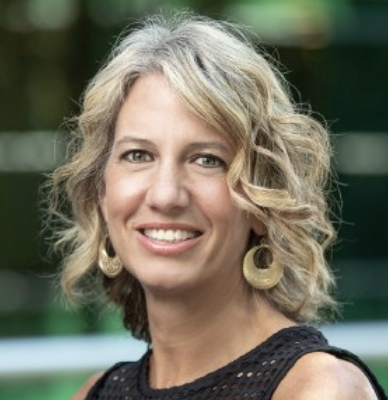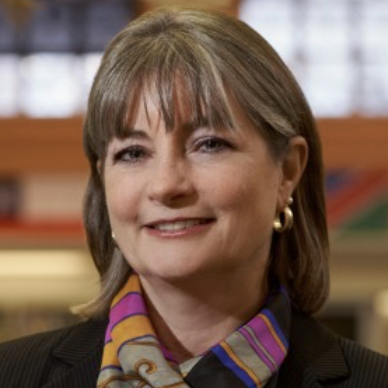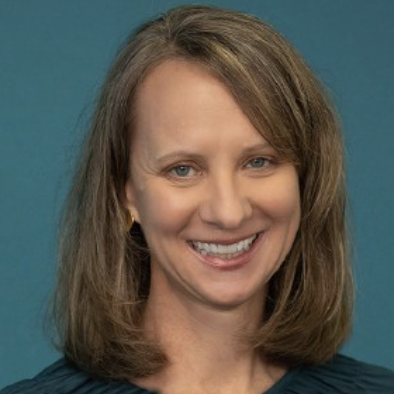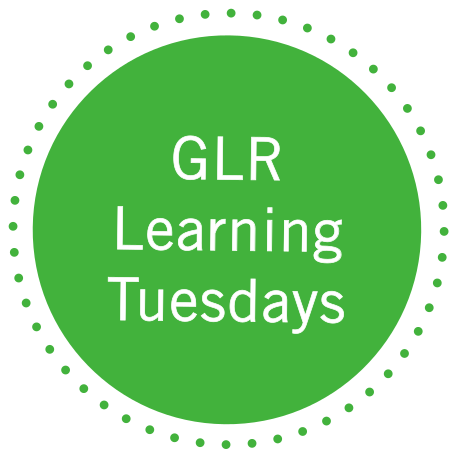
- This event has passed.
Building a Parent-Centered Ecosystem for Out-of-School Learning
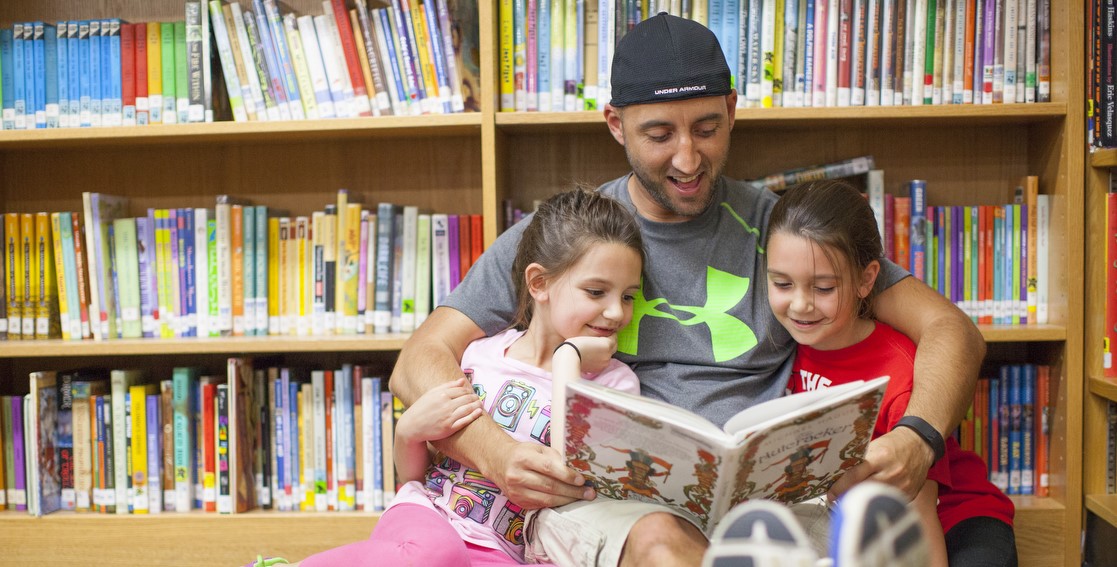
“We believe that it is whole, healthy, functioning communities that produce whole, healthy, functioning individuals.” – Gevonee Ford, Executive Director, Network for the Development of Children of African Descent
In this Learning Tuesdays Learning Loss Recovery Challenge Webinar, Building a Parent-Centered Ecosystem for Out-of-School Learning, our panelists introduced models that help produce the healthy, functioning communities Gevonee Ford notes above.
Moderated by Arthur Affleck of the Association of Children’s Museums, the conversation opened with Siobhan O’Loughlin Reardon sharing CGLR’s vision for how to create an ecosystem to support out-of-school learning, which panelists referred to as they shared more about their individual programs. Institutions are investing time and staff resources to build relationships with parents and communities that traditionally have been disconnected from them; to offer learning opportunities that parents desire for their children (e.g., school readiness preparation); and to develop creative learning experiences (e.g., through technology, playful learning, drama). The institutions also are strengthening connections with community leaders, organizations, agencies, and service providers that are important to parents and children in economically challenged communities.
A panel of leaders then shared how they are working to strengthen the institutions that serve children and families. Rachel Stine of Book Harvest shared the multiple ways their programming gets books into the hands of children and families from birth to early elementary age throughout the communities they serve. These books support parents creating learning-rich environments at home. Patti Miller of the Clinton Foundation’s Too Small to Fail (TSTF) program provided an overview of the multiple ways TSTF is investing in the everyday places and spaces in communities, such as laundromats, playgrounds, public transit, grocery stores and clinics. Miller noted that the most creative approaches have come from partners who are implementing models in communities. Meeting the challenge of reaching Iowa’s 99 counties was described by Connie Beecher, Ph.D., with Iowa State University Extension. Extension adapts models for the rural places and spaces that may not have similar cultural amenities that mid-sized and larger communities enjoy. Gevonee Ford with the Network for the Development of Children of African Descent ( NdCAD) provided an overview of the two-generation family literacy model that is nested in strengthening the cultural connections within the community. Jill Pereira with United Way of the Greater Lehigh Valley brought the perspective of a GLR community that has fully embraced the ecosystem model and is implementing programming throughout the community.
CGLR envisions an ecosystem that supports children’s learning in a wide range of out-of-school environments The panel had a rich discussion about CGLR’s vision for that kind of an ecosystem and provided input on how to strengthen the model. The ecosystem challenges all of us to see the community as a continuous learning opportunity for children. Affleck noted, “Sometimes we minimize the work we do in communities and see ourselves as the informal education system, as if that diminishes the power and impact that we have and can have. And in some communities, we haven’t taken ownership of that role.”
Panel
